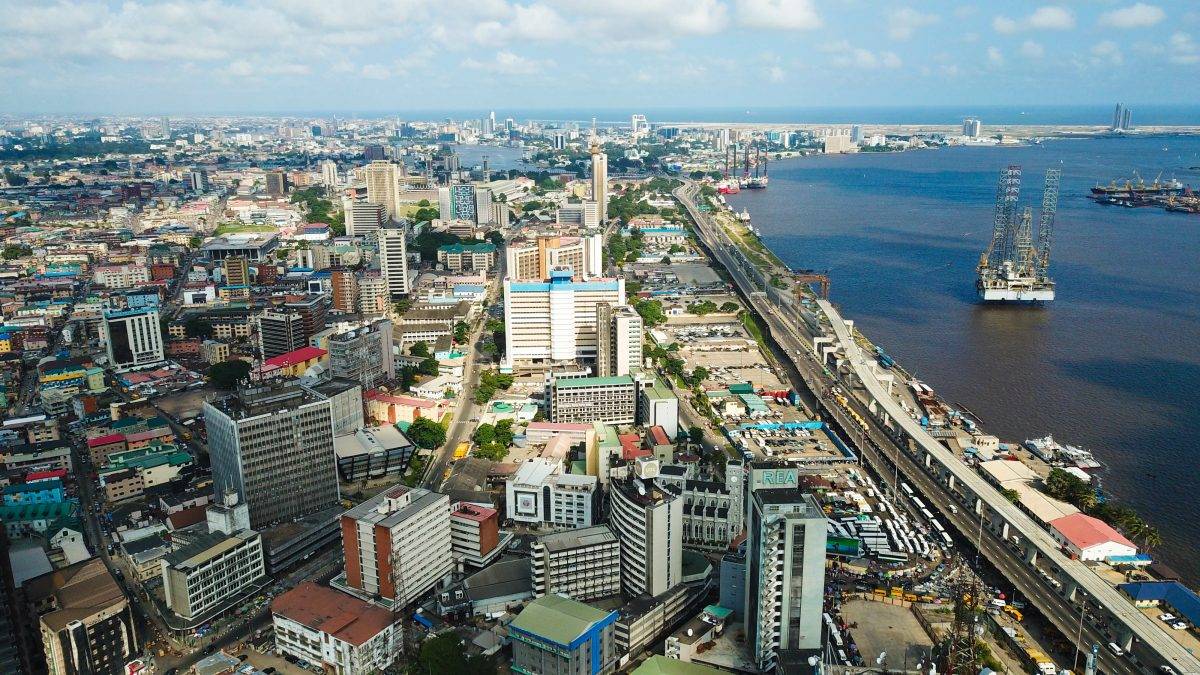Fraud is a global problem that affects individuals, businesses, and governments alike. It encompasses a wide range of illegal activities, including identity theft, financial scams, corporate fraud, and more. While fraud can occur anywhere, certain countries have unfortunately gained notoriety for harboring a high number of fraudulent activities. In this article, we will explore some of the countries that have been identified as having the highest number of fraud cases, shedding light on the factors contributing to their prevalence.
- 1.Nigeria:
- United States:
- United Kingdom:
- China:
- South Africa:
Nigeria has long been associated with various forms of fraudulent activities, particularly online scams. The notorious "419 scams" or "advance-fee frauds" have become synonymous with Nigerian fraudsters. These scams involve deceiving victims into providing personal information or financial assistance with promises of significant returns. Nigeria's lax regulations and limited law enforcement capabilities have contributed to the persistence of fraud within the country
2.
The United States, being one of the largest economies in the world, has also experienced a significant number of fraud cases. The complexity and sophistication of financial systems in the country make it an attractive target for fraudsters. Securities fraud, healthcare fraud, and credit card fraud are among the prevalent types of fraudulent activities in the U.S. Despite robust law enforcement efforts, the sheer size and diversity of the American economy make combating fraud a continuous challenging
3.
The United Kingdom has witnessed an increase in various types of fraud, particularly in the financial sector. Identity theft, insurance fraud, and mortgage fraud are some of the common forms of fraudulent activities in the country. The presence of international financial institutions and the bustling nature of London's financial district provide an environment where fraudsters can exploit vulnerabilities. The UK authorities have been implementing measures to combat fraud effectively
4.
China's rapid economic growth has unfortunately been accompanied by an increase in fraudulent activities. Counterfeit goods, intellectual property theft, and investment scams are prevalent in the country. China's vast manufacturing sector and the presence of intricate supply chains create opportunities for fraudsters to engage in illegal activities. The Chinese government has recognized the issue and has been taking steps to strengthen regulations and enforcemen
5.
South Africa has faced persistent challenges with fraud, including corruption, investment scams, and pyramid schemes. Weak governance, high levels of income inequality, and a lack of regulatory oversight have contributed to the prevalence of fraud in the country. Authorities in South Africa have been working to enhance anti-fraud measures and improve the justice system to address this issue effectively
Fraud is a global problem that affects economies and individuals worldwide. While the countries mentioned above have been identified as having high numbers of fraud cases, it is crucial to note that fraud can occur in any part of the world. Efforts to combat fraud require a combination of robust regulations, effective law enforcement, public awareness campaigns, and international cooperation. By addressing the root causes and implementing comprehensive strategies, countries can mitigate the impact of fraud and protect their citizens and economies from these illicit activities



No comments yet
Be the first to share your thoughts!